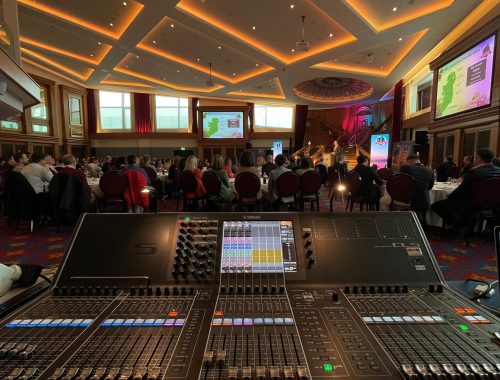3rd blog post: Lights, camera panic: the reality of working in television
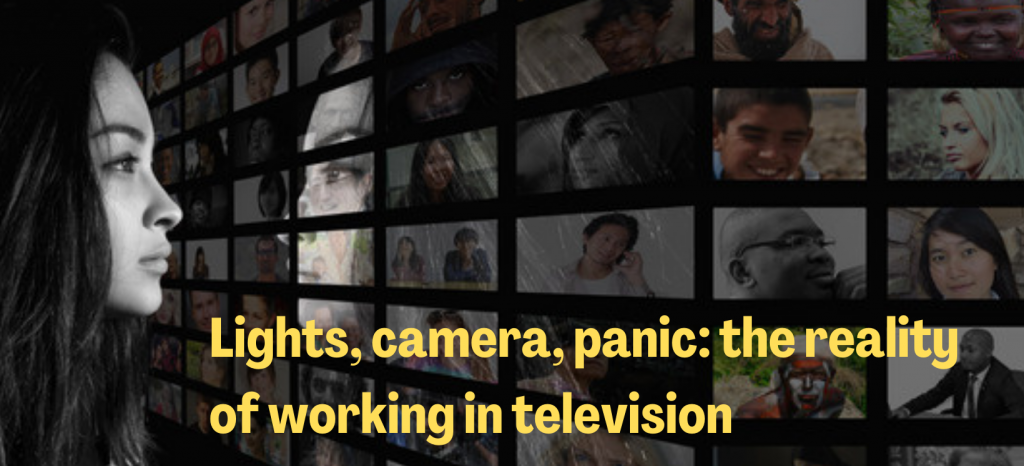
I’d like to think that you’re on the right career path when you’re excited to get up in the morning to go to work, even at 5:00am to go on a shoot in the mountains. So far, my experience on placement at Strident Media has made me even more passionate to work in the television industry. However, I can’t help but reflect on my time and think that whilst some things might be good for you, you might not always be good for them.
Whilst I think that my time at Strident has found me an answer to that intimidating question of whether I want to have a career in television production (a sigh of relief that the last three years of studying have not been a waste), the challenge which I’ve faced during this time is figuring out, “How?”
Using Gibbs’ reflective model, I will analyse how my placement has brought on doubts about my abilities to work in such a competitive industry, and the process of working through these anxieties as I complete my hours.
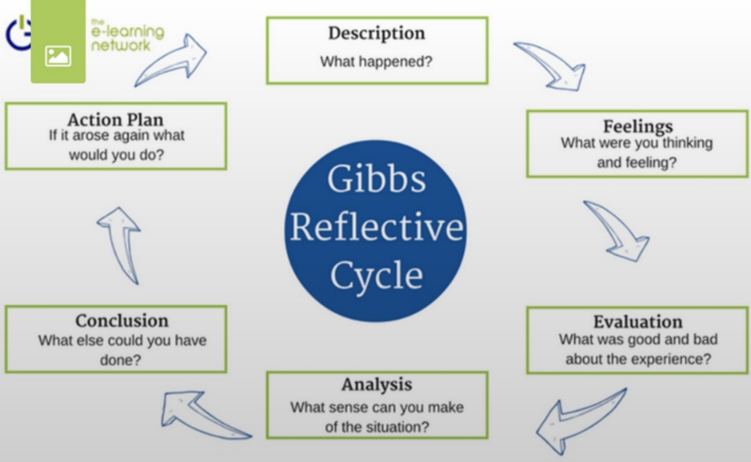
Description and Feelings:
So far on my placement I’ve been able to see the inner workings of a television production company, from development in a commissioning pitch, to production in a field, to postproduction in the office. During this time, I’ve found many opportunities to develop my knowledge and skills and have met some incredible people, but the most challenging setback for me has been pondering my lack of experience in comparison to others in the company, which has affected my confidence.
It has been an extremely enlightening experience for me to see how hard those around me have worked to get where they are now in Strident. In asking them the classic question, “How did you get to where you are now?”, I received similar answers:

I recognised that many of those who work in the company now were previously trained in television apprenticeship schemes, all of which are incredibly competitive and of which only a handful of candidates are ever successful. Having applied for many of these apprenticeships in the past and been rejected, I am anxious to enter this competitive world amongst so many other graduates all looking to succeed.
Evaluation and Analysis:
Relating to this, Targetjobs state: “It seems that everyone aspires to get a graduate job in television but persistent graduates get their foot in the door by doing work experience schemes and staying positive.”
As I face the overwhelming competition of the television industry, it’s difficult to remain positive and confident in my abilities. On shoots, I felt inexperienced next to others in the company who have had such success in the past and secured such competitive jobs and apprenticeships. Most recently, I’ve been out around Ireland shooting with Strident for a new True North episode as a runner/researcher, spending my time primarily as a sound operator.
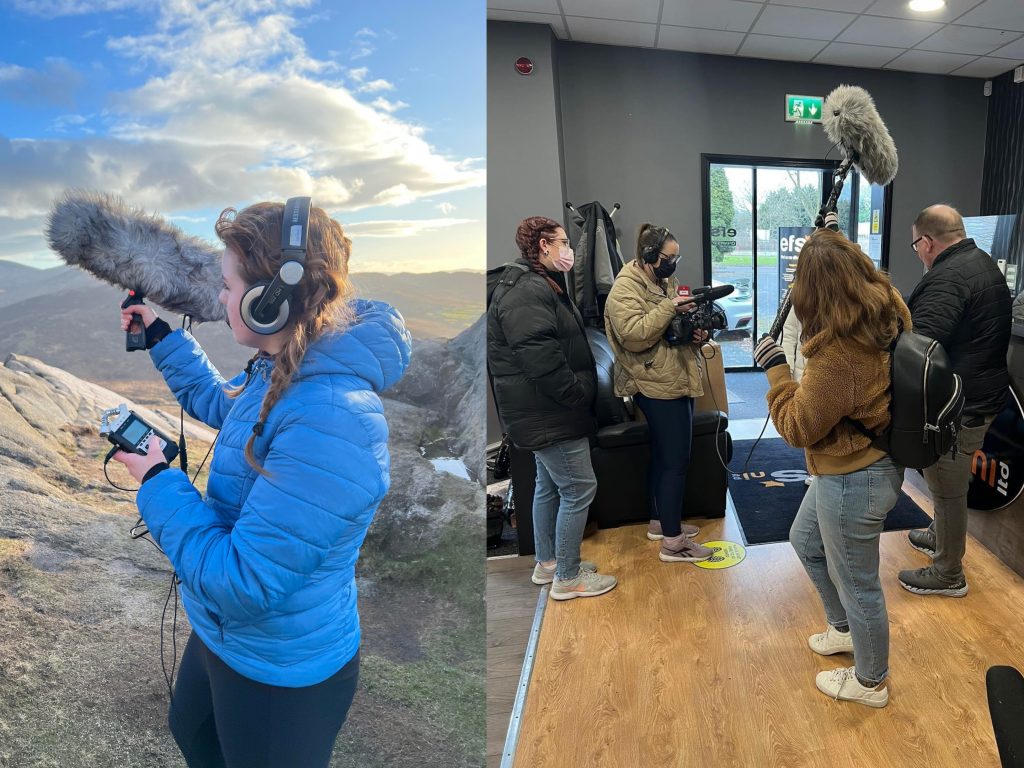
In truth, my experience on shoots has made me question my skills and ability to stand out in the industry. Whilst I feel extremely passionate about working in television, I recognise that I lack the confidence and experience necessary to stand out in such a competitive industry, having never been on a professional shoot prior to this.
Muschalla and Linden detail how this is a common setback in many individual’s pursuit of a career. “There may be uncertainty about the professional future and job security… There are always demands for achievements, which may provoke perceptions of overtaxation or insufficiency and the possibility of failure” (978).
I find myself being taunted by the pressure of success in securing a job by the time I graduate as I complete my time on placement. I constantly wonder, ‘If I stayed an extra hour today, would they see how hardworking I am and pass my name on to another company?’, or ‘If I appear really friendly and professional in my email, maybe they’d think I’m a perfect fit for the company and keep me on.’
However, I do feel comfort in knowing that this insecurity is not uncommon, and that it is often adept social skills and “getting on happily with others” which is “absolutely critical” in the industry (Gregory 28).
Whilst I have struggled with the technical aspects of my placement, I have been extremely fortunate in the support and encouragement I’ve received from staff in the company. This support structure is similar to what Cunningham, Dawes, and Bennett describe as “Buddying”. They maintain that “First entry into a new workplace, and especially first entry into the world of work, can be stressful. Buddying helps people deal with this.” (103). I found “having someone looking out for [me] in this new environment” extremely valuable in easing my anxiety and building my confidence.
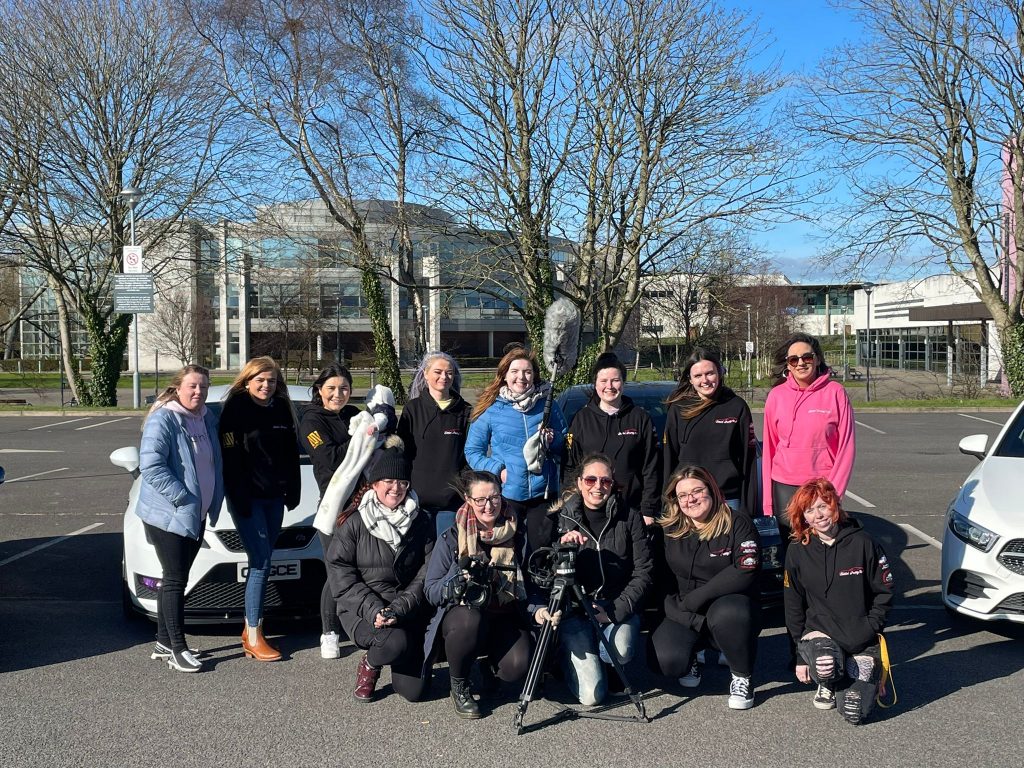
In all, I have seen how valuable “Being easy going, friendly and pleasant to work with” (Sharp 25) is in these kinds of environments, which I have reflected is just as important as technical ability. In sharing my anxieties with one of the staff, they said to me that “I have seen people in this industry who are incredibly talented but aren’t nice people; I would hire ten inexperienced people who I could have a conversation with before I would ever hire them.”
Therefore, it’s nice to know that whilst I can work on my confidence and technical ability, I already have the social skills which are extremely valuable in this incredibly tight-knit industry.
Conclusion and Action Plan
As I go forward in my career, I have no doubt that I will face many setbacks that will affect my confidence and make me doubt my ability to succeed in the television industry. However, I’ve learned the importance of building social relationships in this industry, and how that alone has eased my anxiety as my placement ends and I face graduation. My time at Strident has been a valuable reminder that it’s not all about experience; rather, it is passion, positivity, persistence, and hard work which are paramount in beginning a successful career in television.
Works Cited
“How do I get a graduate job in television?” Targetjobs, www.targetjobs.co.uk/careers-advice/creative-arts-media-and-design/how-do-i-get-graduate-job-television. Accessed 22 March 2022.
Boud, David, et al. Reflection, Turning Experience into Learning. Kogan Page, 1985.
Cunningham, Ian, et al. The Handbook of Work Based Learning. Gower, 2004.
Gregory, Georgina, et al. Careers in Media and Film: The Essential Guide, SAGE Publications, 2008.
Muschalla, Beate, and Michael Linden. “Different Workplace-Related Strains and Different Workplace-Related Anxieties in Different Professions.” Journal of Occupational and Environmental Medicine, vol. 55, no. 8, Lippincott Williams & Wilkins, 2013, pp. 978–82.
Sharp, Elsa. How to Get a Job in Television. A & C Black, 2009.

